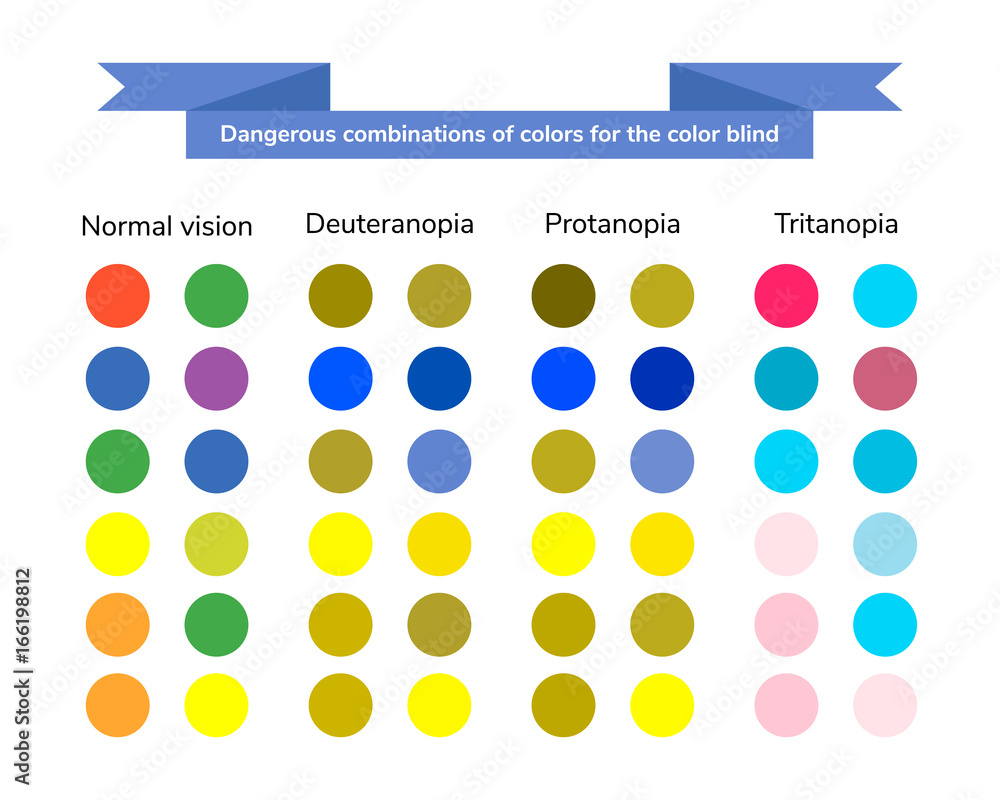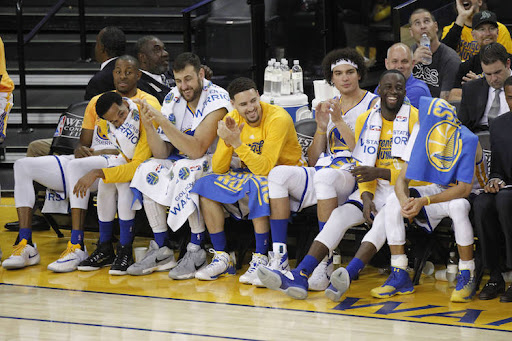Spot Market In Focus: EU's Strategy For Russian Gas Elimination

Table of Contents
The Urgent Need for Russian Gas Elimination
The EU's drive to eliminate Russian gas imports is fueled by a confluence of geopolitical and economic factors. The invasion of Ukraine triggered a wave of sanctions against Russia, disrupting long-standing energy supply chains and highlighting the inherent risks of over-reliance on a single supplier. This dependence has created significant vulnerabilities, leading to energy insecurity and considerable price volatility.
- Sanctions against Russia: The EU's sanctions, while intended to pressure Russia, have directly impacted gas supplies, forcing a rapid reassessment of energy strategies.
- Energy Security and Price Volatility: The fluctuating price of natural gas, exacerbated by geopolitical tensions, underscores the need for a more secure and stable energy supply. Price spikes directly impact businesses and consumers, highlighting the urgency of diversification.
- Environmental Goals and the Push for Cleaner Energy: The EU's commitment to reducing carbon emissions and transitioning to cleaner energy sources necessitates a departure from fossil fuels, including Russian gas.
- The Need for a Diversified Energy Supply: Relying heavily on a single supplier leaves the EU vulnerable to geopolitical pressures and supply disruptions. Diversification is crucial for resilience and stability.
The Role of the Spot Market in the EU's Strategy
The spot market offers the EU a crucial mechanism for achieving flexibility and escaping the constraints of long-term contracts with Russia. This dynamic market allows for short-term purchases of natural gas from a range of suppliers, providing much-needed agility in response to changing geopolitical landscapes and supply needs.
- Increased Reliance on Liquefied Natural Gas (LNG) Imports: The EU is rapidly increasing its LNG import capacity, utilizing the spot market to procure cargoes from various global suppliers, notably the US, Qatar, and others. This diversification mitigates risks associated with dependence on pipeline gas from Russia.
- Opportunities for Sourcing Gas from Alternative Suppliers: The spot market provides access to a broader range of gas suppliers, allowing the EU to negotiate better prices and secure diverse sources of supply. This flexibility is paramount in reducing reliance on Russia.
- Utilizing the Spot Market to Manage Short-Term Supply Fluctuations: The spot market's inherent flexibility allows the EU to respond swiftly to short-term supply disruptions or increased demand, ensuring greater stability in its energy system.
- The Role of Gas Storage in Mitigating Spot Market Volatility: Strategic gas storage plays a key role in buffering against price fluctuations in the spot market. By storing gas during periods of low prices, the EU can mitigate the impact of price spikes during peak demand.
Challenges of the Spot Market Approach
While the spot market presents significant opportunities, it also introduces several challenges:
- Price Volatility and Potential for Price Spikes: The spot market is inherently volatile, and prices can fluctuate dramatically depending on global supply and demand dynamics. This presents significant risk-management challenges for EU energy companies and consumers.
- Competition for LNG Cargoes from Other Global Buyers: The increasing global demand for LNG intensifies competition among buyers, potentially leading to higher prices and supply constraints for the EU.
- Infrastructure Limitations for Handling Increased LNG Imports: The EU needs significant investment in LNG import terminals and related infrastructure to handle the increased volumes of LNG required to replace Russian gas.
- Security of Supply Concerns and Potential Disruptions: Despite diversification, the spot market still presents risks of supply disruptions due to geopolitical events, unforeseen production issues, or logistical bottlenecks.
Diversification Strategies Beyond Spot Markets
The EU's strategy extends beyond simply relying on the spot market. A multi-pronged approach is being implemented, combining various methods to comprehensively reduce Russian gas dependence.
- Investments in Renewable Energy Sources (Solar, Wind, etc.): Massive investments are being made in renewable energy infrastructure, aiming to reduce reliance on fossil fuels altogether. This long-term strategy aims for a sustainable and independent energy system.
- Development of Domestic Gas Production: The EU is also exploring ways to increase domestic gas production, reducing its reliance on imports. This, however, might involve controversial practices with environmental concerns.
- Strengthening Energy Infrastructure, Including Pipelines and LNG Terminals: Expanding and modernizing energy infrastructure is key to efficiently handling increased LNG imports and ensuring the smooth flow of gas across the EU.
- Implementation of Energy Efficiency Measures: Reducing energy consumption through improved efficiency in buildings, industry, and transportation reduces overall gas demand, thus lessening reliance on imports.
- Collaboration with International Partners on Energy Security: Strengthening energy partnerships with reliable suppliers worldwide is essential for securing diversified and stable energy supplies.
The Future of the EU Gas Market
The EU's journey towards eliminating Russian gas imports is a complex, long-term process. While complete independence is unlikely in the short term, significant progress is expected.
- Projections for Russian Gas Import Reduction: Significant reductions in Russian gas imports are projected over the coming years, with the spot market playing a crucial role in this transition.
- The Anticipated Role of the Spot Market in the Long-Term Energy Mix: The spot market will continue to be an important component of the EU's energy mix, providing flexibility and diversification options.
- Potential Long-Term Impacts on Energy Prices and Security: The transition will likely impact energy prices, though diversification and efficiency improvements should eventually lead to greater price stability and security.
- Ongoing Policy Developments and Their Influence on the Energy Market: EU policies aimed at supporting renewable energy, energy efficiency, and infrastructure development will significantly shape the future of the EU gas market.
Conclusion
The EU's strategy to eliminate Russian gas reliance leverages the spot market extensively, offering vital flexibility and diversification opportunities. However, managing the inherent volatility and logistical challenges is crucial for success. The ultimate goal requires a multifaceted approach, combining strategic spot market utilization, diverse energy sources, robust investments in renewables and efficient infrastructure, and international collaborations.
Call to Action: Stay informed about the ongoing developments in the EU's energy strategy and the critical role of the spot market in achieving lasting energy independence. Continue researching the complexities of the spot market and its profound impact on the EU's journey to eliminate Russian gas dependence.

Featured Posts
-
 The Countrys Hottest New Business Locations A Geographic Analysis
Apr 24, 2025
The Countrys Hottest New Business Locations A Geographic Analysis
Apr 24, 2025 -
 Tornado Season And Trumps Cuts A Dangerous Combination
Apr 24, 2025
Tornado Season And Trumps Cuts A Dangerous Combination
Apr 24, 2025 -
 Chat Gpts Developer Open Ai Faces Ftc Investigation
Apr 24, 2025
Chat Gpts Developer Open Ai Faces Ftc Investigation
Apr 24, 2025 -
 Tarantinov Tajni Film Zasto Ne Zeli Gledati Film S Travoltom
Apr 24, 2025
Tarantinov Tajni Film Zasto Ne Zeli Gledati Film S Travoltom
Apr 24, 2025 -
 Golden States Bench Players Hield And Payton Deliver Against Portland
Apr 24, 2025
Golden States Bench Players Hield And Payton Deliver Against Portland
Apr 24, 2025
